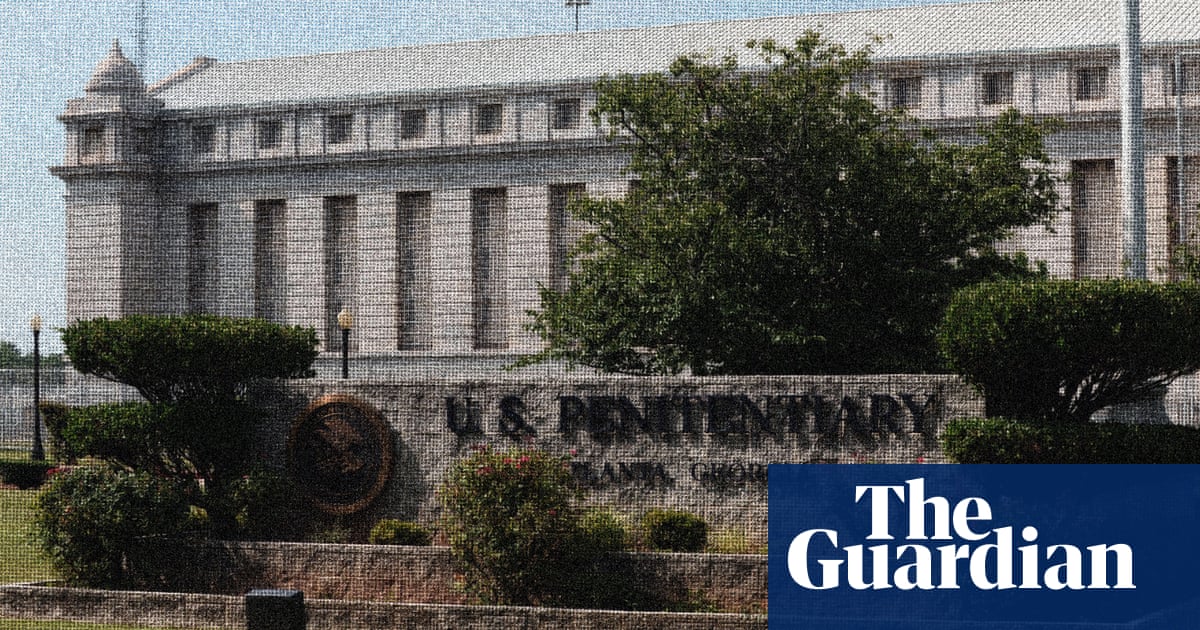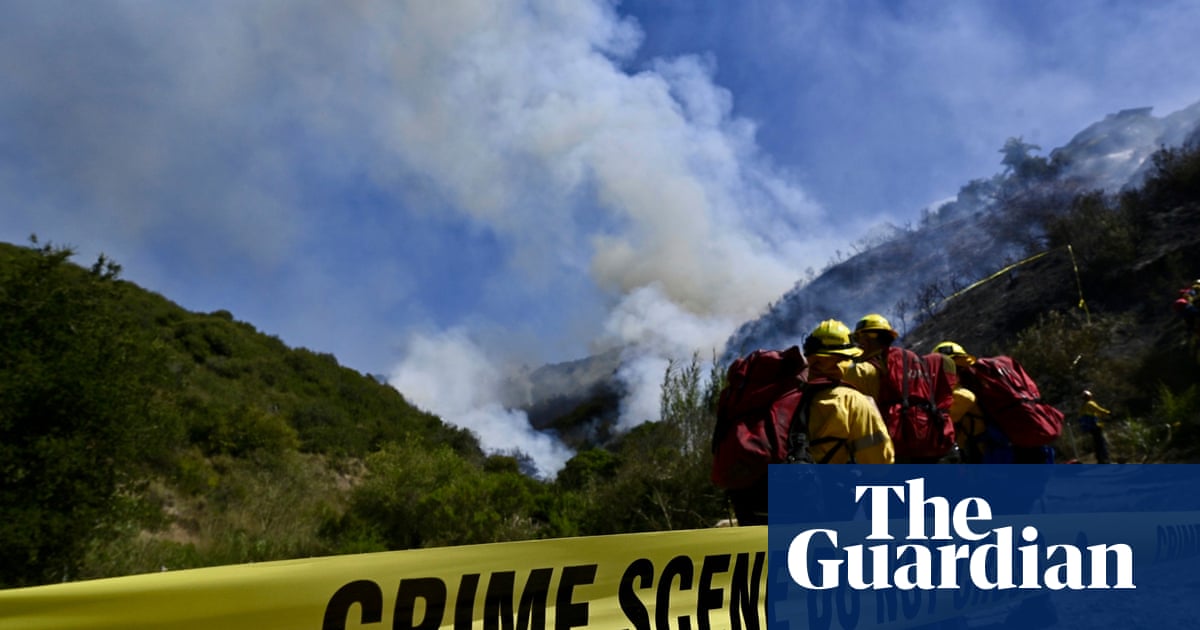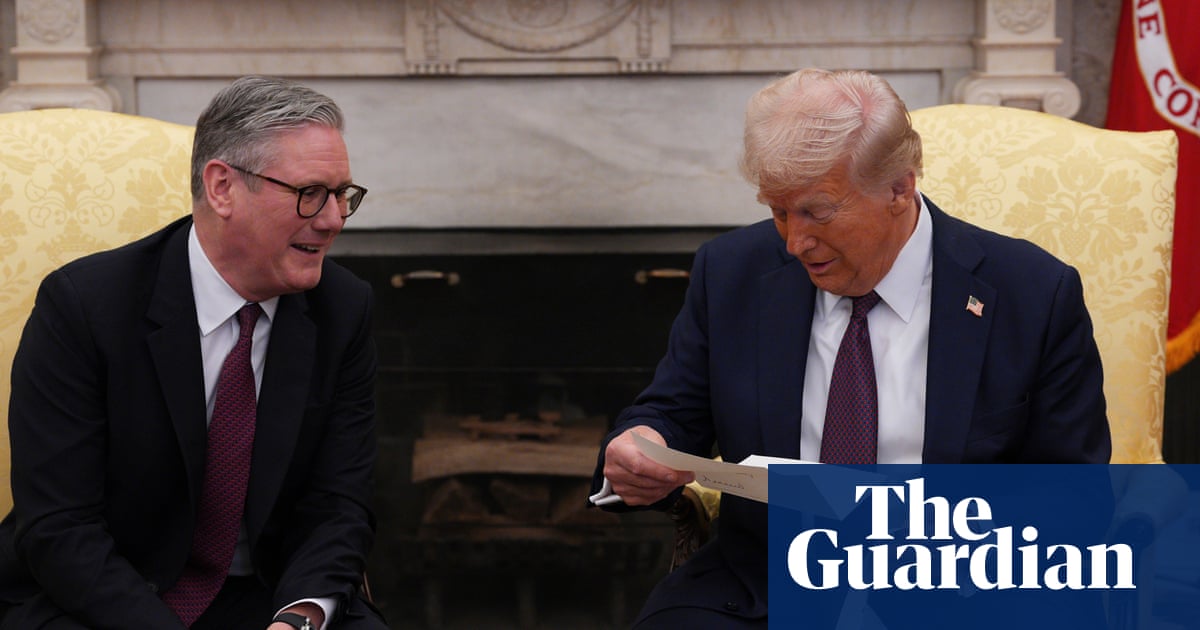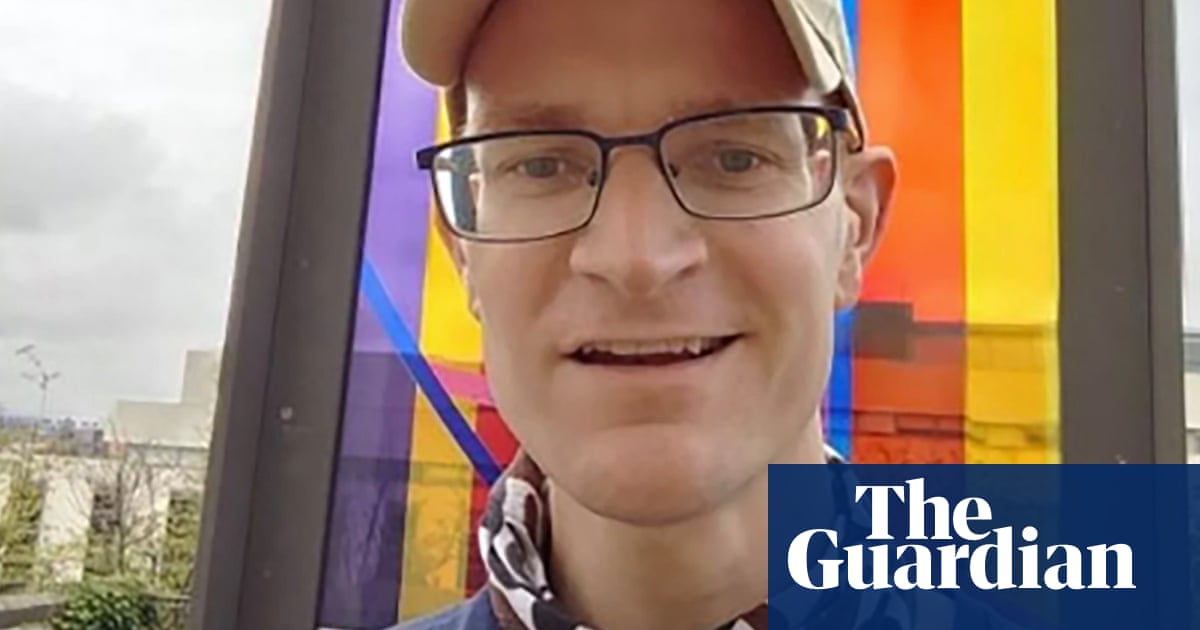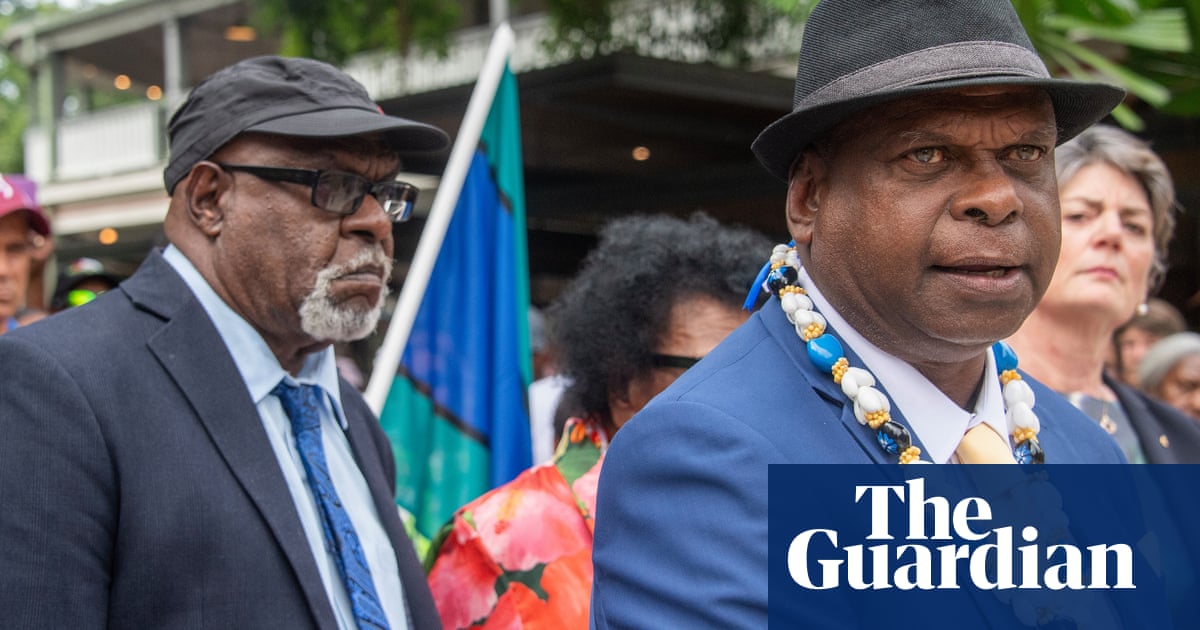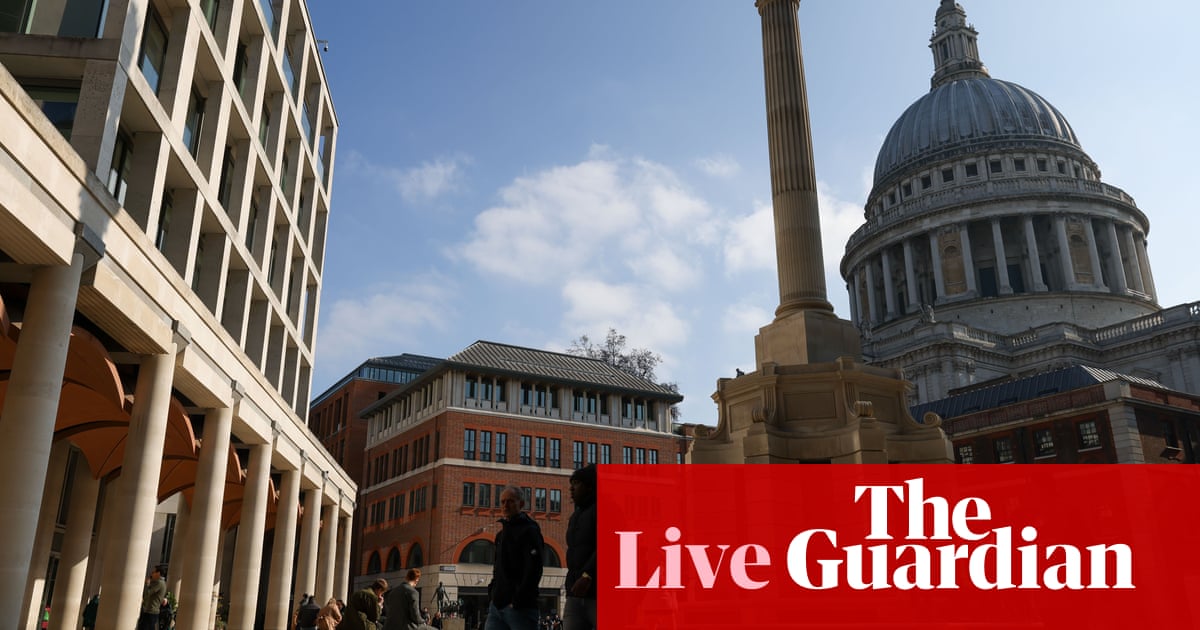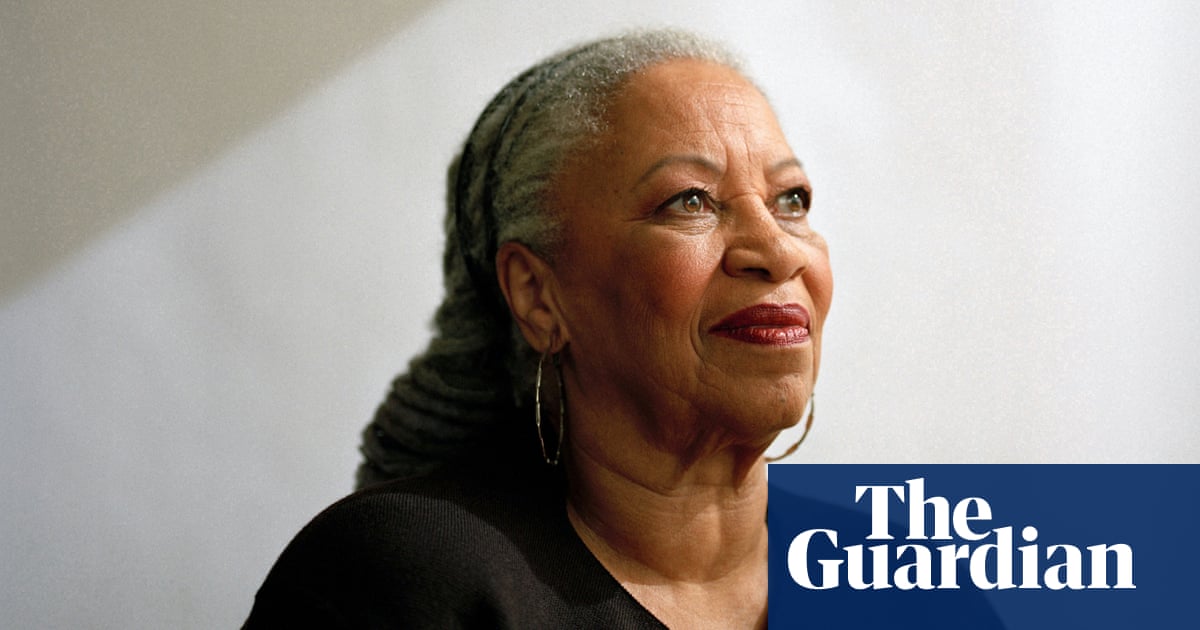More than a century after its troops burned villages and looted cultural artefacts in the quest to include Niger in its west African colonial portfolio, France has signalled willingness over possible restitution, but is yet to acknowledge responsibility.
“France remains open to bilateral dialogue with the Nigerien authorities, as well as to any collaboration concerning provenance research or patrimonial cooperation,” the office of France’s permanent representative to the UN wrote in a document seen by the Guardian.
The 19 June response was given to a letter dated two months earlier from a UN special rapporteur working on a complaint by four Nigerien communities representing descendants of victims of the 1899 Mission Afrique Centrale (MAC), one of the most violent colonial campaigns in Africa.
“Although France was aware of the atrocities at the time, no MAC officer has ever been held responsible for these crimes … France has not conducted any official inquiry or acknowledged the horrors inflicted on the communities affected,” wrote Bernard Duhaime, a professor of international law at the University of Quebec in Montreal and the UN special rapporteur working on the case.
In 1899, French officers led by the captains Paul Voulet and Julien Chanoine marched tirailleurs – as the African soldiers under their command were known – through communities in present-day Niger. They killed thousands of unarmed people and looted supplies, terrorising local people into compliance. The next year, Niger became officially absorbed into French west Africa.
“I have come to establish an empire,” Voulet reportedly said, according to the American historian Matthew G Stanard in his 2009 book The Killer Trail: A Colonial Scandal in the Heart of Africa. “If I must kill, I will kill. If I must burn, I will burn. Every means is justifiable.”
In Birni-N’Konni alone, an estimated 400 people were massacred in a day. Entire villages along the mission’s path – including Tibiri, Zinder and smaller communities – were burned and looted, with corpses hung at their entrances. Some survivors fled to neighbouring Nigeria and never returned.
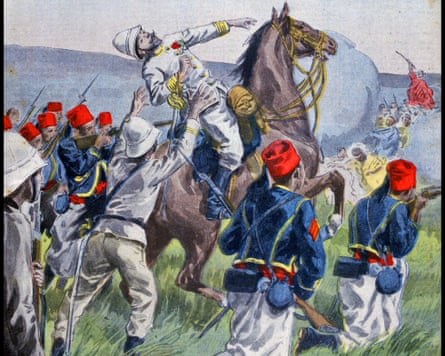
When Paris dispatched Col Jean-François Klobb to replace Voulet in July that year and end the bloodletting, the superior officer was shot to death by soldiers acting on the latter’s instructions.
In recent years, France has begun to engage with its historical wrongdoings in Africa even as anti-French sentiments soar across the continent. In 2021, President Emmanuel Macron admitted France’s responsibility in the Rwandan genocide. A year later, Paris acknowledged the 1945 massacre of tens of thousands of Algerian civilians in Sétif. In May 2023, it issued a formal apology for the brutal repression of the 1947 Malagasy uprising.
Still, there has been a reluctance to acknowledge the Voulet-Chanoine mission, which is largely absent from French schoolbooks and only faintly remembered in Niger’s national curriculum. Instead, there was a bureaucratic cover-up and accounts of survivors’ descendants have been weak or subdued, often due to decades of silence and trauma.
The case relied on documents written by Nigerien historians and limited archival materials including reports by Voulet himself, said the British-Senegalese lawyer Jelia Sané who worked with the affected communities. The communities are now requesting access to official archives in order to reveal the true extent of the atrocities.
“The graves of some of the [French] troops are still in those communities today, even though the victims were never memorialised,” said Sané.
For Hosseini Tahirou Amadou, a history and geography teacher in Dioundiou who began the campaign in 2014, acknowledging the atrocities would be the first step in the right direction. “After this recognition, now we can move on to the next step, which is reparation,” he said. “During these crimes, precious objects linked to our historywere stolen to France. We need their return.”
In its response to the UN special rapporteur, the French government neither denied nor admitted the atrocities, but cited the principle of non-retroactivity of international law, saying any treaties it was deemed to have contravened were ratified long after the incident occurred.
after newsletter promotion
“It is well established that for a violation of international law to give rise to responsibility, the obligation must be in force vis-a-vis the state and the violation must occur at the time the act is committed,” the letter read. Paris also said it was yet to receive restitution requests concerning MAC-related looted artefacts or human remains from Nigerien authorities.
“They don’t dispute [the incident] overtly or implicitly … they don’t really engage with the facts,” Sané said. “However, it’s not really possible for them to dispute these things because they investigated a number of these allegations themselves.”
The case findings will be included in the next UN human rights report and presented to the general assembly in October. Historians say it could promote continent-wide conversations on reparations.
The African Union has labelled 2025 the Year of Reparations, after a decade of sustained lobbying by four Nigerien communities that was accelerated in 2021 after the release of the BBC documentary African Apocalypse, which was screened in French and Hausa around the country.
In 2021, Germany formally acknowledged colonial-era genocides in Namibia and pledged €1.1bn over 30 years in aid as a form of symbolic reconciliation, though it stopped short of calling it reparation or compensation.
The matter of monetary compensation is yet to be addressed by the communities as the exact number of victims remains unknown. However, the historian and former higher education minister Mamoudou Djibo is adamant that things are not at that stage yet.
“We are not beggars,” he said. “Our demand for reparation is not systematically that we are given money but that first of all, France recognises that it has committed crimes against humanity. When this is recognised, we will be ready to dialogue.”
In its letter, France said its schools taught the history of colonisation and that “the level of curriculum-writing leaves great pedagogical freedom to teachers to address these themes”, but did not clarify if the Voulet-Chanoine mission was included.
Back in Niger, Amadou is waiting for the crimes to be taught in French schools and for what he considers the bare minimum – a memorial to the massacre. “These communities deserve to have monuments, because these are things that should not be forgotten,” he said.

 6 hours ago
5
6 hours ago
5


